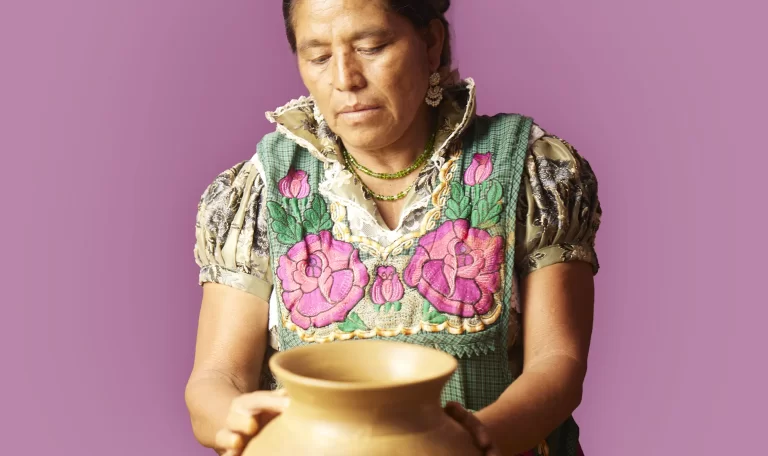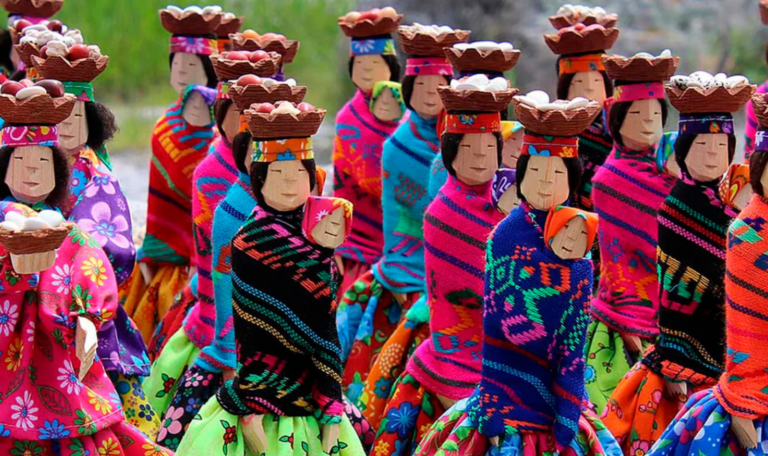In the vast universe of Mexican handicrafts, alebrijes stand out as fantastic creatures full of color and symbolism. Among these creatures, the alebrije snake occupies a special place, with a meaning that goes beyond its shape and vibrant colors.
In this article, we will explore the meaning of the alebrije snake, especially the alebrije of Quetzalcoatl, a mythical figure that fuses the snake with the Aztec god of wisdom and fertility.
Origin and tradition of alebrijes
Alebrijes are artistic creations originating in Mexico, specifically in the region of Oaxaca. They emerged in the 1930s thanks to artisan Pedro Linares, who, after becoming seriously ill, had vivid dreams of strange and colorful creatures that inspired him to create these hand-carved and hand-painted wooden figures.
Over time, alebrijes became emblematic symbols of Mexican folk art, known for their exuberance and fantasy.
The serpent in Mexican mythology
The serpent has occupied a prominent place in the mythology and cosmovision of Mesoamerican cultures. In Aztec cosmogony, Quetzalcoatl, the feathered god, is an important deity that represents the duality between good and evil, life and death.
It is associated with both the snake and the bird, symbolizing the connection between the earthly and spiritual worlds.
The alebrije of Quetzalcoatl: symbol of wisdom and renovation.
The Quetzalcoatl alebrije fuses the figure of the serpent with the characteristic elements of the Aztec god. This hybrid creature becomes a symbol of wisdom, transformation and renewal, reflecting the duality inherent to the cosmos according to the Mesoamerican cosmovision.
Representing the union of the serpent with divinity, the Quetzalcoatl alebrije invites us to reflect on the connection between the earthly and the celestial, as well as on the eternal cycle of life and death.
Meanings and representations
The alebrije snake, in all its forms and variations, can have different meanings according to each person’s interpretation. For some, it represents protection and spiritual guidance, while for others it symbolizes transformation and rebirth.
Its presence in Mexican folk art serves as a reminder of the rich cultural heritage and deep connection to nature and the divine.




